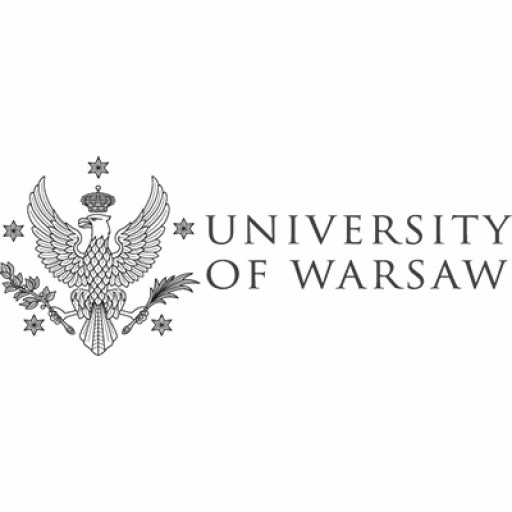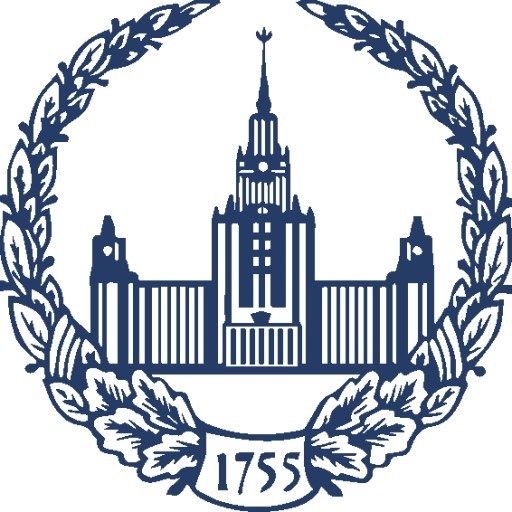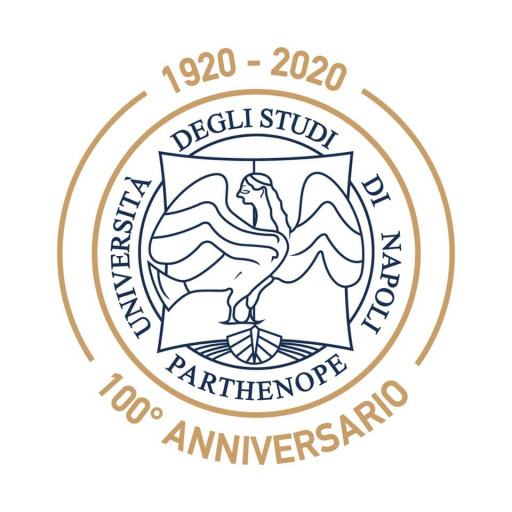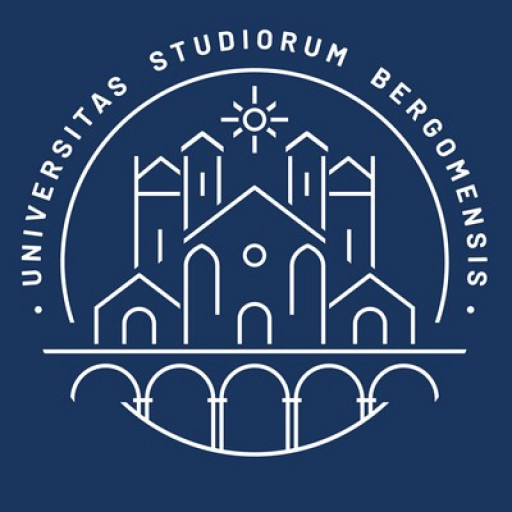Photos of university / #uniwersytetwarszawski
The International Economics programme at the University of Warsaw offers students a comprehensive education in the core principles of global economic interactions, international trade, and financial markets. Designed for individuals who are interested in understanding the intricacies of the world economy, the programme combines theoretical foundations with practical skills, preparing graduates to analyze and interpret international economic phenomena effectively. Throughout their studies, students will explore key topics such as international trade theories, economic policy, globalization processes, currency exchange mechanisms, and international financial systems. The curriculum also emphasizes the development of quantitative skills, including econometrics, statistics, and data analysis, enabling students to conduct sophisticated economic research and policy analysis.
The programme aims to provide a solid foundation in microeconomics, macroeconomics, and economic policy, tailored to the context of international affairs. Students will have opportunities to learn about trade negotiations, economic development strategies, and the impact of international organizations such as the WTO, IMF, and World Bank. In addition to coursework, students can participate in seminars, workshops, and internships that promote practical experience and enhance career readiness. The programme encourages mobility and international cooperation, often including exchange programmes with partner universities around the world, fostering a global perspective among students.
Graduates of the International Economics programme will be equipped with critical thinking and analytical skills applicable in various sectors including government, international organizations, finance, consulting, and multinational corporations. They will be prepared to work in roles such as economic analysts, policy advisors, market researchers, or international trade specialists. The University of Warsaw's strong academic reputation, combined with its extensive network of international partners, provides students with valuable opportunities for professional development and global engagement. Whether you wish to pursue further academic research or enter the competitive job market, the International Economics programme offers a rigorous and enriching educational experience rooted in real-world applications.
The International Economics programme at the University of Warsaw is designed to provide students with a comprehensive understanding of the fundamental principles and complex mechanisms that govern global economic interactions. Throughout the duration of the programme, students will explore a wide range of topics, including international trade theories, global financial markets, monetary and fiscal policies, economic development, and the geopolitical factors that influence economic decisions on a global scale. The curriculum combines rigorous theoretical coursework with practical skills such as economic analysis, data interpretation, and policy evaluation, preparing graduates for careers in international organizations, governmental institutions, financial sectors, consulting firms, and multinational corporations.
Students will have the opportunity to study various aspects of international trade, including the effects of tariffs, trade agreements, and economic integration, as well as the impact of globalization on domestic economies. The programme emphasizes the importance of understanding the role of international financial institutions like the IMF and the World Bank, and how exchange rates, balance of payments, and international investment flows shape economic stability and growth. Furthermore, the curriculum covers topics related to sustainable development and the challenges of economic inequality, equipping students with a global perspective on pressing economic issues.
In addition to core courses, students can choose electives tailored to their specific interests, such as economic diplomacy, regional economic integration, or the economics of environmental sustainability. Practical components like internships, case studies, and project work are integrated into the programme to enhance real-world understanding and apply theoretical knowledge to actual international economic scenarios. The programme also offers language courses and opportunities for studying abroad at partner universities, aiming to prepare students for the multicultural and multilingual environment characteristic of international economics careers.
Graduates of the International Economics programme will be equipped with strong analytical and communication skills, an understanding of international economic policy, and the ability to interpret complex economic data and trends. This interdisciplinary education aims to foster critical thinking, problem-solving abilities, and a proactive approach to addressing global economic challenges. Upon completing their studies, students will be well-positioned to pursue further academic research or to commence their professional careers in the dynamic field of international economics.
Candidates for the MBA Programme at CMT need to hold a final degree awarded by a recognized institution in Poland or abroad (university or equivalent). They should have an adequate command of the English language (at least “good” for active use and “very good” for passive use) and a minimum of two years of practical professional experience. They will be invited for a personal interview with the selection committee. The tuition fee for the first MBA year is 7000 EUROS or the equivalent in PLN at the average NBP selling price (National Bank of Poland). The enrolment fee for the second year is the same.
The Financing module of the International Economics program at the University of Warsaw provides students with a comprehensive understanding of the financial mechanisms underpinning global markets and economies. This component covers core topics such as financial analysis, investment strategies, risk management, banking operations, and the functioning of financial institutions. Students explore principles of financial markets, including the functioning of stock exchanges, bond markets, and foreign exchange markets, alongside the regulatory environments governing them. The curriculum emphasizes practical skills in financial modeling, quantitative analysis, and the use of advanced software tools for financial decision-making.
Throughout the Financing studies, students are encouraged to develop a strong theoretical foundation complemented by case studies and real-world data analysis to prepare them for careers in banking, investment firms, financial consulting, and international financial organizations. The program also places a significant emphasis on understanding the impact of macroeconomic policies, monetary policy, and international regulations on financial markets and institutions. Elective courses allow students to specialize further in areas such as corporate finance, entrepreneurial finance, or financial technology, equipping them with a versatile skill set highly valued in the global job market.
In addition to classroom instruction, students participate in workshops, seminars, and internships designed to enhance their practical knowledge and professional network. The faculty comprises experienced academics and industry practitioners, providing insights into current financial issues and trends. Graduates of the Financing component are well-prepared to pursue careers in international banking, asset management, financial consultancy, or further research academic paths. The program ensures a rigorous education aligned with international standards, fostering analytical thinking, ethical responsibility, and strategic decision-making abilities essential for success in the dynamic field of finance.
International Economics at the University of Warsaw offers students a comprehensive education in the principles of economic theory, international trade, finance, and economic policy. The program aims to equip graduates with the analytical skills and practical knowledge necessary to understand global economic phenomena, analyze international market dynamics, and participate effectively in international economic decision-making. The curriculum typically includes courses in macroeconomics, microeconomics, econometrics, international trade theory, international finance, economic policy, and regional economic integration, often supplemented by language and communication skills to prepare students for careers in multinational organizations, government agencies, research institutions, and private sector companies.
Students are encouraged to develop strong quantitative skills through advanced training in data analysis, statistical methods, and economic modeling, enabling them to interpret economic data and contribute to evidence-based policy formulation. The program also emphasizes the importance of understanding the political, social, and institutional contexts of economic activity, fostering a multidisciplinary approach to international economics.
The program duration generally spans three years, leading to a Bachelor's degree, with options for specialization or further studies at the Master's level. The faculty comprises experienced academics and practitioners who bring both theoretical expertise and practical insights, often collaborating with international organizations, research centers, and industry partners. The university provides opportunities for internships, study abroad programs, and participation in international conferences, enriching students’ academic experience and enhancing their career prospects.
Language of instruction is primarily English, attracting both Polish and international students, which creates a diverse learning environment conducive to cultural exchange and networking. Graduates of the International Economics program from the University of Warsaw can pursue careers in economic consultancy, policy analysis, international organizations, financial institutions, and academia. They are also well-prepared for postgraduate studies, including master's and doctoral programs in economics, international relations, or related disciplines. The university's strong reputation and extensive alumni network further support students' professional development and integration into the global economic community.










